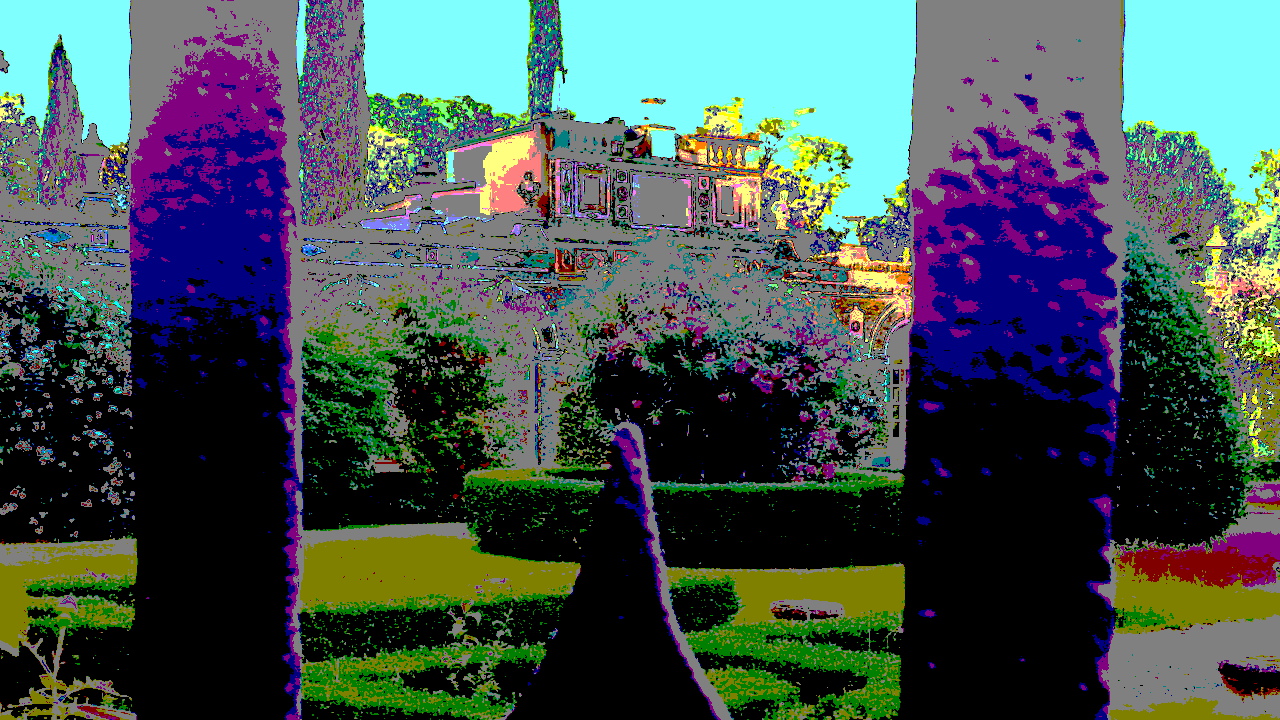The time: approximately 1375 CE. The place: Poland. The situation:
Batkol, the wife of Saadya Mishon the Eternal Jew, has been kidnapped by Bogdan, the lord of a decrepit manor. With the help of the region’s rabbi, Reb Susya, a plan has been hatched to rescue her by calling on a Jewish soldier of fortune and thief, Yiftakh, who once served under Bogdan, raiding Ruthenian villages.
Here’s the “old English” (what you probably know as “modern English”) version of the poem, translated into prose from Steevtok, MetaEnglish:
Sunrise. A gang of armed men approach the soldier Yiftakh’s house. His dogs snarl. Yet ten steps away, he opens his door, sword in hand, and confronts us all,
“Confess your sins, as, one more step and you’ll meet your God.”
“Trouble not! We’re Susya’s men. We come as brothers in need of your help. That wild ox Bogdan kidnapped my wife. If you will lead us and liberate her and break the oppressor’s grippin’ hand, we’ll succor Vladislov’s court to transfer Bogdan’s manor to you. What say you, captain of arms?”
“If Susya sent you, hear my demand: Let me hear that Susya’s wife supports this caper. Hers the voice that, in that house, lays the law. If she say ‘yes’, I swear by the Lor, I’ll storm that hideout and the first thing I see, I’ll cut it down, as the Lor lives.”
Pointin’ to me,
“You! Follow me,”
and we runs to a nearby clump of trees, and there, tied up, two horses paw the ground and ‘nay’ as we approach.
“Stole these last week,”
he grunts with a grin.
“They’re a bit wild. You know how to ride?”
“I lived with the Mongols these last many years.”
And bareback we gallop to Susya’s wife. She’s still standin’ at the broken door with her sleepin’ cap on and a knife in her hand.
“What did you come for, Yiftakh, you dog?”
“I comes to hear the word from your mouth, and your thoughts on the plan your husband devised. Your opinions* might darken the hue of my heart, but your thoughts are sharper than your blabbermouth man’s.
* others say, ‘pinions’
“The scheme to rescue that wife of his? Reckless and foolish, and what else to do? Naturally, it appeals to you, you and your gang and your Polish ways.”
He stares her down like Satan himself, and I watch his hand, waitin’ to see if he pulls his sword and slices her neck.
“Then yours is the seal and mine is the sword.”
And he whips his horse and we gallop away.
It seems the sky isn’t lighter now than when we left Yiftakh’s some time ago.
“We’ll go off-road. I knows a trail by Bogdan’s house and the huts of his serfs. One or the other, she’s sure to be there. But he’ll have sentries, so shut your traps right now! If they hear us there’s little chance they won’t be slittin’ your woman’s throat.”
Five of us clompin’ and thrashin’ our way through branch and brush. Atop a rise Yiftakh spies a curl of smoke in the hollow where the serfs have huddled their huts.
“Smoke! No reason for fire today, and the bake-house is back at Bogdan’s place. That’s probably our target. Follow me.”
Down in the glen there was nary a guard posted at the house. Sure of surprise Yiftakh spreads us out as we crawl thru bramble and bush. Ready, poised, hardly more than a few steps away from the hut, when sudden, out of the door, here comes Batkol, a babe in her arms. Like a bolt of lightning shot from a cloud – and who can predict its where and its when – out shoots Yiftakh from a thorny bush and strikes her down; then shouts ‘Attack!’ The rest of the men charge from the brush and burst on the hut, like to trample it down. And me, I hardly remembers a thing, just screamin’,
“No! Batkol! No!”
And it seems I rushed in with ill intent to kill Yiftakh for what he done.
Some time later, there I were, leanin’ against a parched trunk, some twisted, ghastly, leafless tree with its crooked branches clawing at the sky, silent as a corpse in a wordless howl.
In the moment I couldn’t remember where I were. Then up struts Yiftakh, and scowlin’ says,
“You dumbshit donkey. Should have cut your neck.”
Midst howlings and weepings, off he gone, mutterin’ to himself, ‘damn the whole world,’ and begun to lope up the road back to Lutsk.
I get up, all shaky, and walk to the hut. Batkol’s still lyin’ face down in the muck, and another woman’s in a bloody pool on the floor of the hut. And like a pile of rags, crumpled on the ground, a hefty man – women kneelin’ on either side – gaspin’ wheezin’ gurglin’ blood. Looks like Bogdan. Just about then pain starts shootin’ across my skull and down my arm and into my back.
